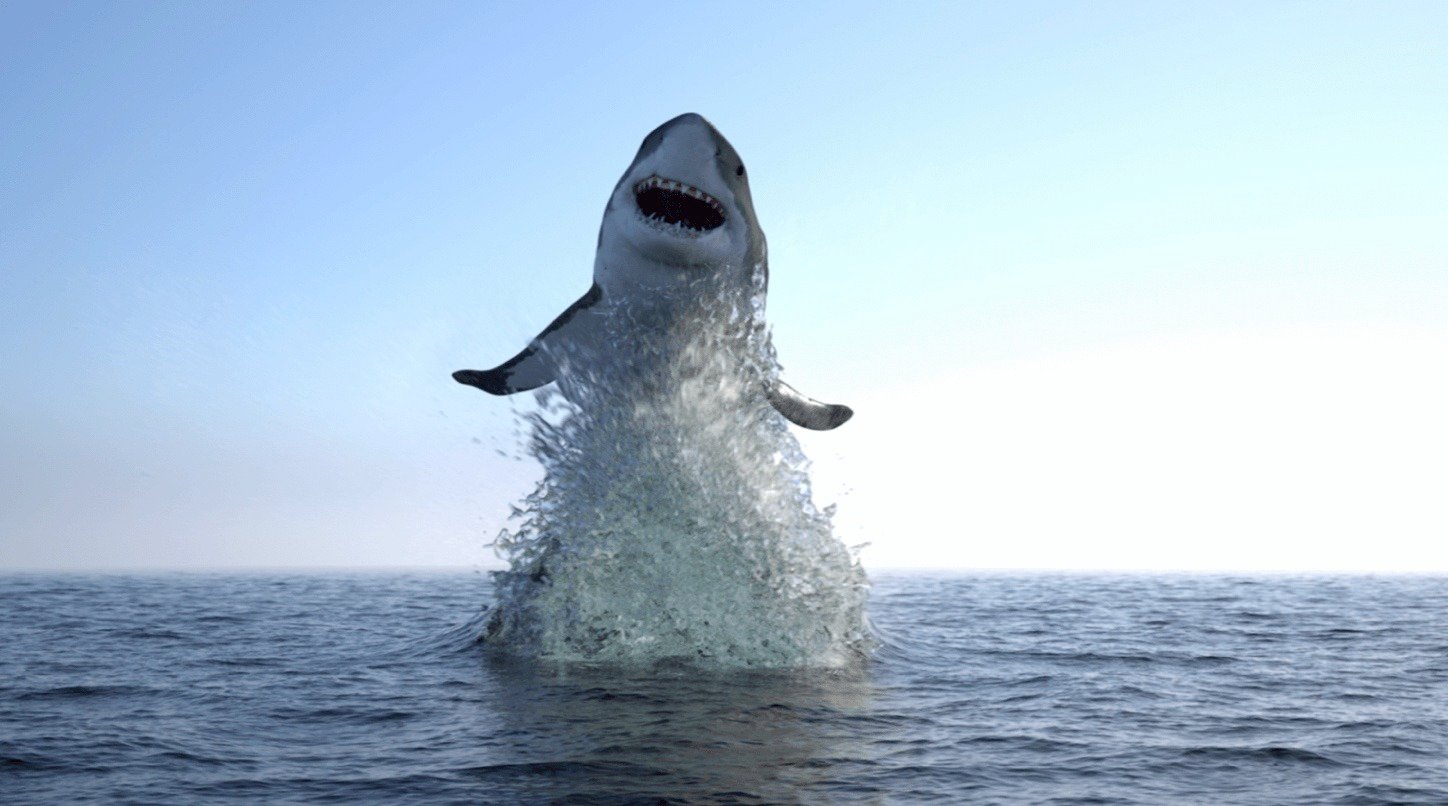What started as a viral B-movie concept has just taken a disturbing step closer to reality. Scientists in Brazil have discovered cocaine in the muscle and liver tissues of wild sharks, confirming for the first time that these marine predators may indeed be exposed to illicit narcotics in the wild.
🧪 What Researchers Found:
-
13 Brazilian sharpnose sharks (Rhizoprionodon lalandii) caught near Rio de Janeiro tested positive for cocaine.
-
The sharks’ tissues contained up to 100 times more cocaine than previously reported in other marine life.
-
The study was published in Science of the Total Environment.
🌊 How Is Cocaine Getting into the Water?
-
Untreated sewage from drug users
-
Runoff from clandestine cocaine labs
-
Cocaine-laden packages dumped or lost by smugglers at sea
⚠️ Why It Matters:
-
Cocaine can harm reproduction in sharks and disrupt hormones.
-
All female sharks in the study were pregnant, but the impact on developing fetuses is unknown.
-
These sharks are often eaten by people in Brazil, raising potential food safety concerns.
-
Sharks could act as bioindicators of cocaine hotspots in marine ecosystems.
“This is evidence of the increasing danger of cocaine pollution,” said Anna Capaldo, an environmental endocrinologist not involved in the study.
Although we’re still far from a real-life Cocaine Shark horror scenario, scientists stress the urgent need for more testingof illegal drugs in coastal waters.






0 Comments